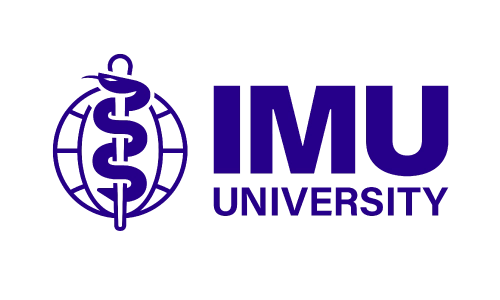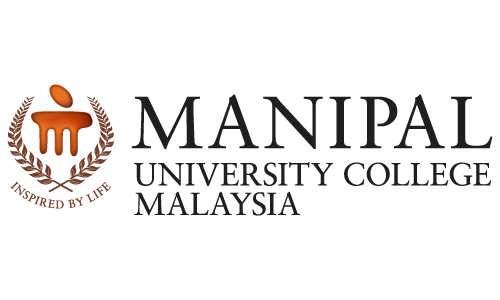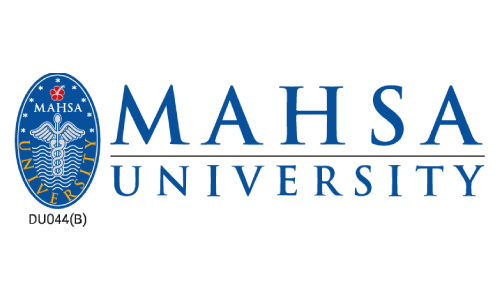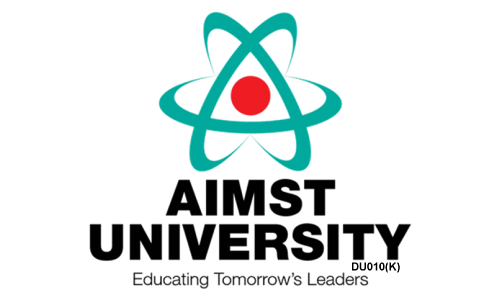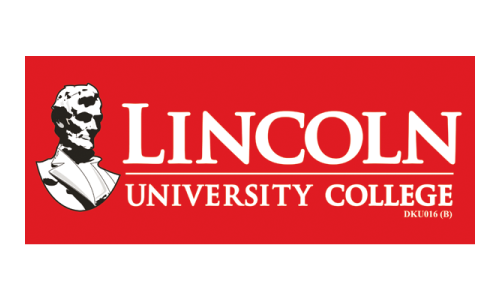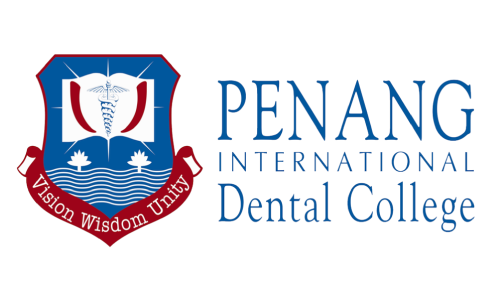Compare Top Dentistry Degree Courses in Malaysia
Explore and compare top-rated Dentistry Degree programmes offered by universities across Malaysia. Filter by tuition fees, location, study mode and specialisation to find the course that best fits your academic goals and budget.
There are 8 colleges and universities offering 8 Dentistry Degree Courses.

IMU University
Main Campus, Kuala Lumpur
Bachelor of Dental Surgery (BDS)
Intake
Feb, Sep
Tuition Fees
RM690,690
Get up to RM800 Waiver + RM300 Rebate when you enrol through EduAdvisor! T&C apply.
Manipal University College Malaysia (MUCM)
Bukit Baru, Melaka
Bachelor of Dental Surgery (BDS)
Intake
Oct
Tuition Fees
RM360,000
Get RM300 Rebate when you enrol through EduAdvisor! T&C apply.
SEGi University
Petaling Jaya, Selangor
Bachelor of Dental Surgery (BDS)
Intake
Sep
Tuition Fees
RM349,970
Get up to RM1,000 Waiver + RM300 Rebate when you enrol through EduAdvisor! T&C apply.
MAHSA University
Bandar Saujana Putra, Selangor
Doctor of Dental Surgery (DDS)
Intake
Sep
Tuition Fees
RM443,550
Get RM500 Waiver + RM300 Rebate when you enrol through EduAdvisor! T&C apply.
Universiti Malaya (UM)
Kuala Lumpur Campus, Kuala Lumpur
Bachelor of Dentistry (Open Channel / SATU)
Intake
Sep
Tuition Fees
RM522,000
AIMST University
Semeling, Kedah
Bachelor of Dental Surgery (BDS)
Intake
Oct
Tuition Fees
RM294,500
Get RM300 Rebate when you enrol through EduAdvisor! T&C apply.
Lincoln University College
Petaling Jaya, Selangor
Doctor of Dental Surgery (DDS)
Intake
Nov
Tuition Fees
RM325,000
Get RM300 Rebate when you enrol through EduAdvisor! T&C apply.
Penang International Dental College (PIDC)
Butterworth, Pulau Pinang
Doctor of Dental Surgery (DDS)
Intake
Sep
Tuition Fees
RM335,095
Get RM300 Rebate when you enrol through EduAdvisor! T&C apply.
FAQs about Studying a Dentistry Degree in Malaysia
Dentistry involves diagnosing, treating and preventing oral diseases and conditions.
Oral disease is one of the top public health issues in the world, due to its prevalent nature and how it can affect a person’s overall general health. The dental discipline is important to educate, prevent, diagnose and treat these prevalent diseases.
A Dentistry degree will equip you with the necessary scientific knowledge and the appropriate skills needed to operate with the latest oral healthcare tools and equipment.
To pursue a Degree in Dentistry, the typical entry requirements are:
- A-Level: Minimum BBB, ABC or AAC in Biology, Chemistry and Physics / Maths; or
- STPM: Minimum BBB, ABC or AAC in Biology, Chemistry and Physics / Maths; or
- Australian Matriculation: Minimum of ATAR 80 or average of 80% in Biology, Chemistry and Physics / Maths; or
- Foundation in Science: Minimum CGPA of 3.0 including Biology, Chemistry and Physics / Maths
You will usually also need to have at least 5Bs in Biology, Chemistry, Physics, Maths / Add Maths and one additional subject at SPM, O-Level or equivalent.
That said, the entry requirements may vary depending on the university, so be sure to do your research!
To pursue a Degree in Dentistry, you need to have an SPM qualification or equivalent and a Pre-U qualification. You must also meet the minimum entry requirements of the university.
A Degree in Dentistry is usually 5 years long.
Upon completing a Degree in Dentistry, you will usually go through a one-year compulsory service with the government.
After that, most dentists will work for a few years before choosing an area of specialisation, such as orthodontics, paediatric dentistry and periodontology. The process of specialisation is approximately 3 years long.
The standard path upon completing a Degree in Dentistry is to be a dentist.
Various employment opportunities await Dentistry graduates, such as:
- Government Hospitals
- Private Oral Health Care Clinics
- Community Health Centres
- Dental Colleges and Universities
- Armed Forces Clinics
Different students may have different preferences when it comes to choosing the right university. Here are some questions to consider when making a decision.
- Is the institution’s Dentistry course accredited by the Malaysian Qualifications Agency (MQA)?
- Is the institution’s Dentistry Degree recognised by the Malaysian Dental Council (MDC)?
- Do you understand the fees of the course, and are the costs affordable to you?
- Are you comfortable with the location of the university?
- Have you visited the campus, and do you like the campus environment and facilities?
- What support services does the institution have to help you in and beyond university?
If you’re not sure if studying a Degree in Dentistry is right for you, here are some articles that may help you:
- Your Guide to an Dentistry Course in Malaysia
- 5 Practical Tips When Applying for College
- The Ultimate Guide to Choosing the Best College Programme (Part 1, Part 2, Part 3)
Want to explore other courses? Check out our comprehensive Course Guides, covering various study fields from Medicine and Bioscience to Mass Communication and Actuarial Science.

